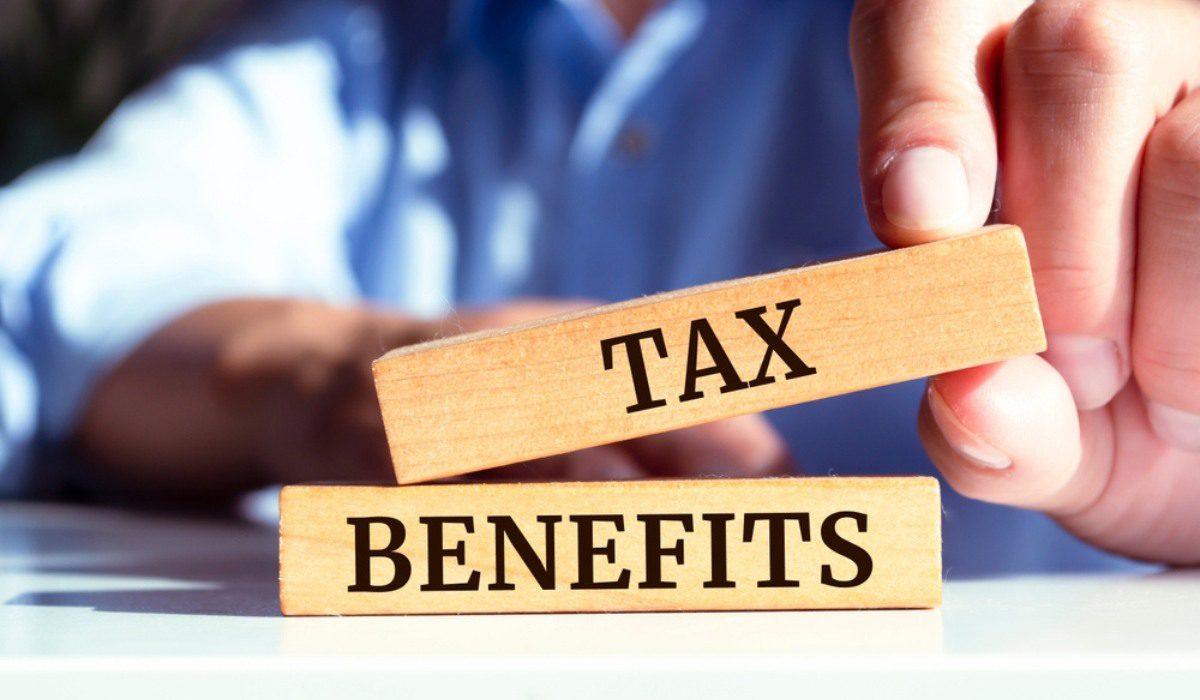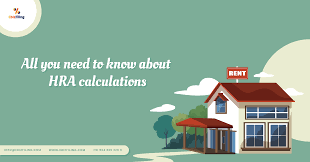Now Reading: UAE Real Estate: 7 Tax Benefits Every Landlord Must Know in 2025
-
01
UAE Real Estate: 7 Tax Benefits Every Landlord Must Know in 2025
UAE Real Estate: 7 Tax Benefits Every Landlord Must Know in 2025

Table of Contents
The UAE’s real estate market, valued at AED 958 billion in 2024 with 23.9% year-on-year growth, offers landlords 6–9% yields in prime areas like Dubai Marina and Downtown Dubai, per gtlaw.com. The 9% corporate tax (CT) introduced in June 2023 under Federal Decree-Law No. 47, alongside 5% VAT and emirate-specific fees, impacts landlords, with non-compliance fines up to AED 500,000, per jaxaauditors.com.
Strategic tax planning can optimize returns for landlords leasing residential or commercial properties. This article outlines seven tax benefits UAE landlords must know in 2025, with U.S. investor considerations, using web insights.
UAE Tax Framework for Landlords

Landlords face the following tax considerations, per czta.ae:
- Corporate Tax: 9% on business profits above AED 375,000 (~$102,000); 0% for Qualifying Free Zone Persons (QFZPs) or small businesses with revenue below AED 3 million until December 31, 2026, per taxsummaries.pwc.com.
- VAT: 5% on commercial leases (e.g., offices, short-term rentals); residential leases (over 6 months) are exempt, per shuraatax.com.
- Transfer Fees: 4% in Dubai (split 2% buyer/seller); 2% in Abu Dhabi, per providentestate.com.
- Exemptions: Individuals face 0% personal income/capital gains tax; certain entities qualify for CT exemptions, per savoryandpartners.com.
- Compliance: Federal Tax Authority (FTA) registration, seven-year record retention, and EmaraTax filings are mandatory for businesses, per hawksford.com.
7 Tax Benefits Every Landlord Must Know in 2025
1. Zero Personal Income Tax for Individual Landlords
Individuals leasing properties, whether residential or commercial, face 0% personal income tax on rental income or capital gains in the UAE, per immigrantinvest.com. This simplifies tax obligations for non-business landlords.
- Benefit Impact: An individual landlord earning AED 1 million (~$272,000) from a AED 20 million property pays $0 UAE tax, preserving 8% yield.
- U.S. Consideration: Report rental income on Schedule E; claim Foreign Earned Income Exclusion (FEIE, $130,000 in 2025) if UAE-resident, per irs.gov.
- Action: Hold properties personally; document UAE residency; file Form 2555 for FEIE, per u.ae.
2. VAT Exemption for Residential Leases
Residential leases exceeding 6 months are VAT-exempt, saving landlords 5% on rental income, per shuraatax.com. This applies to apartments, villas, and townhouses leased for long-term residential use.
- Benefit Impact: A AED 1.2 million (~$326,000) annual residential lease saves AED 60,000 VAT, boosting yield by 0.3% on a AED 20 million property.
- U.S. Consideration: No U.S. VAT impact; deduct expenses on Schedule E, per irs.gov.
- Action: Draft long-term lease agreements; verify VAT status with FTA; maintain records, per finanshels.com.
3. Deductible Property Expenses for Business Landlords
Business landlords (e.g., companies, SPVs) can deduct expenses like maintenance, property management, marketing, and mortgage interest from taxable income, reducing CT liability, per proactfs.com.
- Benefit Impact: A business with AED 2 million (
$544,000) rental income and AED 600,000 ($163,000) expenses pays AED 126,000 CT (9% on AED 1.4 million), saving AED 54,000. - U.S. Consideration: Deduct expenses on Schedule E; report on Form 1120-F, per irs.gov.
- Action: Retain invoices; use accounting tools like QuickBooks; consult advisors, per farahatco.com.
4. QFZP Status for Free Zone Landlords
Landlords operating through Free Zone entities (e.g., DIFC, DMCC) can qualify as QFZPs, enjoying 0% CT on qualifying rental income if substance requirements (e.g., local office) are met, per pwc.com.
- Benefit Impact: A QFZP with AED 3 million (~$816,000) rental income saves AED 270,000 CT, preserving 8% yield on a AED 37.5 million property.
- U.S. Consideration: Report income on Form 1120-F; disclose assets on Form 8938, per irs.gov.
- Action: Register in DIFC; ensure FTA compliance; monitor non-qualifying income, per emirabiz.com.
5. Loss Carryforward for Commercial Properties

Business landlords can carry forward losses indefinitely to offset future taxable income, provided shareholder ownership remains at least 50% stable, per taxsummaries.pwc.com. This benefits landlords with initial losses from commercial properties.
- Benefit Impact: A AED 1 million (~$272,000) loss in 2024 offsets AED 1 million profit in 2025, saving AED 90,000 CT, maintaining 8% yield.
- U.S. Consideration: Report losses on Form 1120-F; align with IRS loss carryforward rules, per irs.gov.
- Action: Document losses; file CT returns via EmaraTax; retain records, per hawksford.com.
6. RETT-Free Transfers to Family Members
Transferring properties to first-degree relatives (e.g., spouses, children) via gifting or inheritance is exempt from real estate transfer tax (RETT), saving 4% in Dubai or 2% in Abu Dhabi, per dubailand.gov.ae.
- Benefit Impact: Transferring a AED 10 million (~$2.72 million) property to a child in Dubai saves AED 200,000 (4% RETT), preserving estate value.
- U.S. Consideration: Report gifts on Form 709 if exceeding $18,000; include in estate on Form 706, per irs.gov.
- Action: Submit marriage/inheritance certificate to DLD; register transfer, per farahatco.com.
7. Tax-Transparent Family Foundations
Family foundations in DIFC or ADGM can elect tax-transparent status under Ministerial Decision No. 261 of 2024, exempting rental income from CT if wholly owned by the foundation, per mosaicchambers.com.
- Benefit Impact: A foundation with AED 2 million (~$544,000) rental income saves AED 180,000 CT, preserving 8% yield on a AED 25 million property.
- U.S. Consideration: Report on Form 1040; disclose on Form 3520, per irs.gov.
- Action: Apply for tax-transparent status with FTA; document ownership; engage advisors, per creationbc.com.
Quantitative Impact on Returns
Consider a AED 20 million property yielding 8% (AED 1.6 million annually):
- Individual Ownership: 0% UAE tax saves AED 108,000, maintaining 8% yield.
- VAT Exemption: AED 80,000 VAT savings on residential lease boosts yield to 8.4%.
- QFZP Status: 0% CT saves AED 108,000, preserving 8% yield.
- Non-Optimized Case: 9% CT (AED 108,000), 5% VAT (AED 80,000), and AED 10,000 fines reduce yield to 7.2%.
Key Considerations for U.S. Investors

- Risks:
- Non-Compliance: Fines up to AED 500,000 for tax violations, per jaxaauditors.com.
- Oversupply: 76,000 units expected in 2025–2026 may soften yields by 0.5–1%, per colife.ae.
- Costs: Compliance costs AED 10,000–20,000 annually; legal fees AED 5,000–15,000, per hausandhaus.com.
- Tax Compliance: IRS requires Form 1040, Form 2555, Form 1120-F, Form 8938, Form 709, Form 706, Form 3520, and FinCEN Form 114, per irs.gov.
- Regulatory Compliance: DLD mandates electronic filings; emirate-specific fees (e.g., Dubai’s 10% municipal fee on commercial rents) apply, per crcproperty.com.
- Currency Stability: AED pegged at 1 USD = 3.67 minimizes risk, per kaizenams.com.
Conclusion
In 2025, UAE landlords can leverage seven tax benefits—zero personal income tax, VAT exemptions, deductible expenses, QFZP status, loss carryforwards, RETT-free transfers, and tax-transparent foundations—to optimize 6–9% yields in a AED 958 billion market. U.S. investors, ensuring IRS and FTA compliance, can maximize returns by partnering with firms like Hawksford or Farahat & Co. for strategic tax planning. Tax Benefits
read more: UAE Real Estate: 5 Future Tax Trends Shaping Investor Strategy in 2025





















